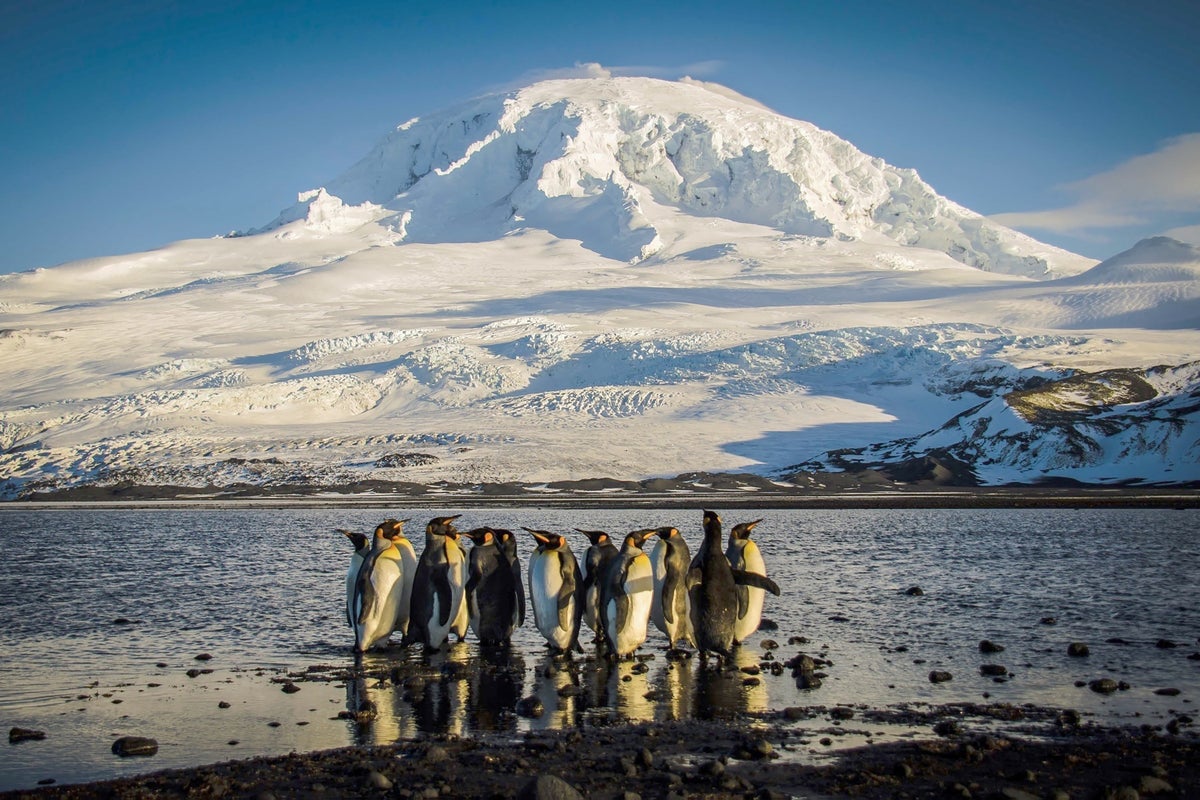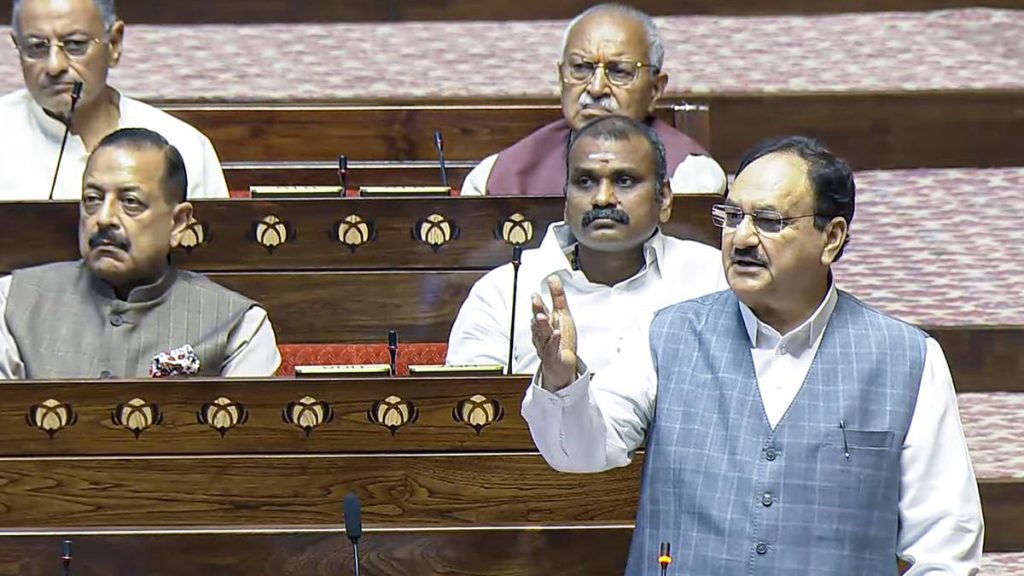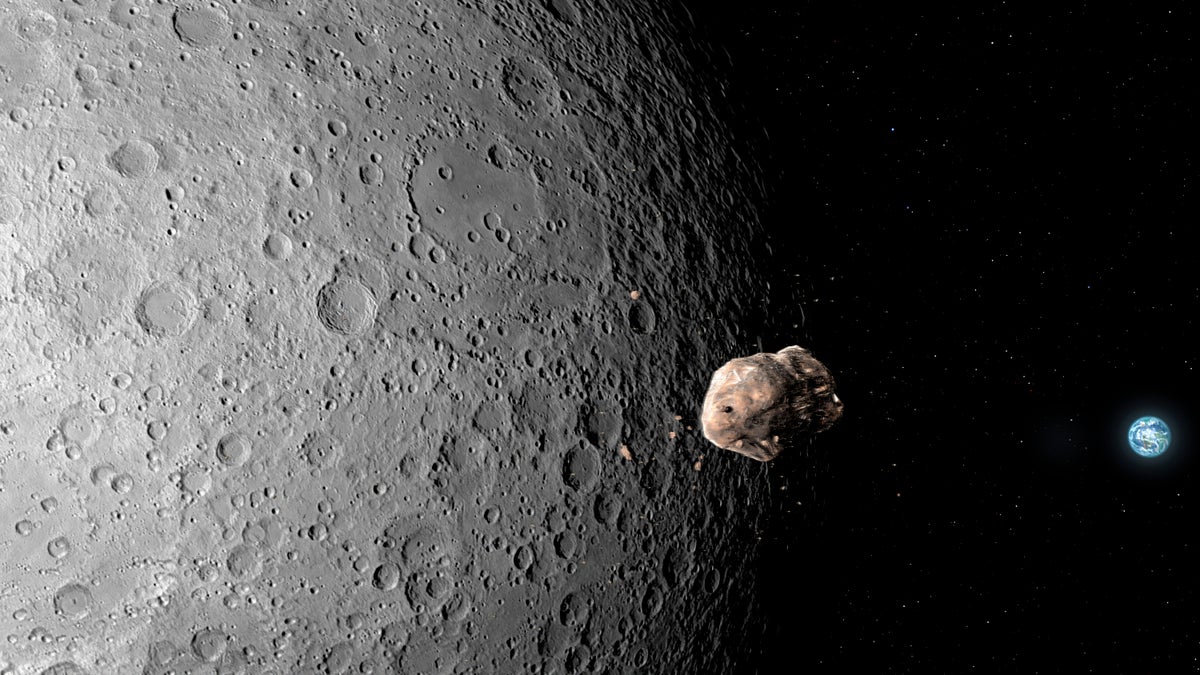Now Reading: Tariffs Threaten the Pristine Ecosystem of Heard and McDonald Islands
-
01
Tariffs Threaten the Pristine Ecosystem of Heard and McDonald Islands
Tariffs Threaten the Pristine Ecosystem of Heard and McDonald Islands

Quick Summary
- Location & Geography: Heard and McDonald Islands are remote sub-Antarctic islands located in the Indian Ocean, about halfway between Australia and South Africa, 1,700 km north of antarctica. they feature volcanic activity, glaciers, and are frequently covered by clouds with strong winds and precipitation.
- Volcanic Importance: These islands represent Earth’s only volcanically active sub-Antarctic region with active volcanoes fueled by mantle plumes. Their geological features provide insights into plate tectonics, ocean basin formation, glacial changes impacting coastal environments, and climate change effects.
- Ancient Context: Discovered by American sailors John Heard (1853) and William McDonald (1854). Transferred from UK to australian territory in 1947; area approximately twice the size of Washington D.C.
- Conservation Status: Managed as a nature reserve by Australia; minimal human impact; nearly free of nonnative species. Millions of marine birds/mammals thrive here-seal populations include elephant seals-and unique species such as the Heard Island Cormorant exist.
- Economic Activity & Restrictions: No significant economic exports or history beyond seal oil harvesting (19th century). Limited fishing is allowed in surrounding waters under strict enforcement; harsh whether limits visits by research teams or tourists.
Indian Opinion Analysis
The imposition of tariffs on the uninhabited Heard and McDonald islands appears unusual given their lack of meaningful trade-related activity. As Australian territory managed for conservation value rather than economic development or settlement purposes, these islands contribute mainly to scientific understanding rather than commerce.Their unique ecological makeup-including endangered native wildlife-serves critical roles in biodiversity preservation.
For India, this raises questions about global tariff policies’ interconnectedness with environmental conservation efforts. With its own rich biodiversity zones like Lakshadweep Islands or Andaman & Nicobar facing similar pressures from ecological change versus development interests-India might weigh sustainable governance against geopolitical maneuvering seen elsewhere globally today.
Such tariffs symbolize larger discussions concerning environment-first approaches internationally that safeguard habitats untouched yet vital unlike inhabitants zones industries habit affected negotiation complexities region closer waters visible spotlight Read More:
Read More
























